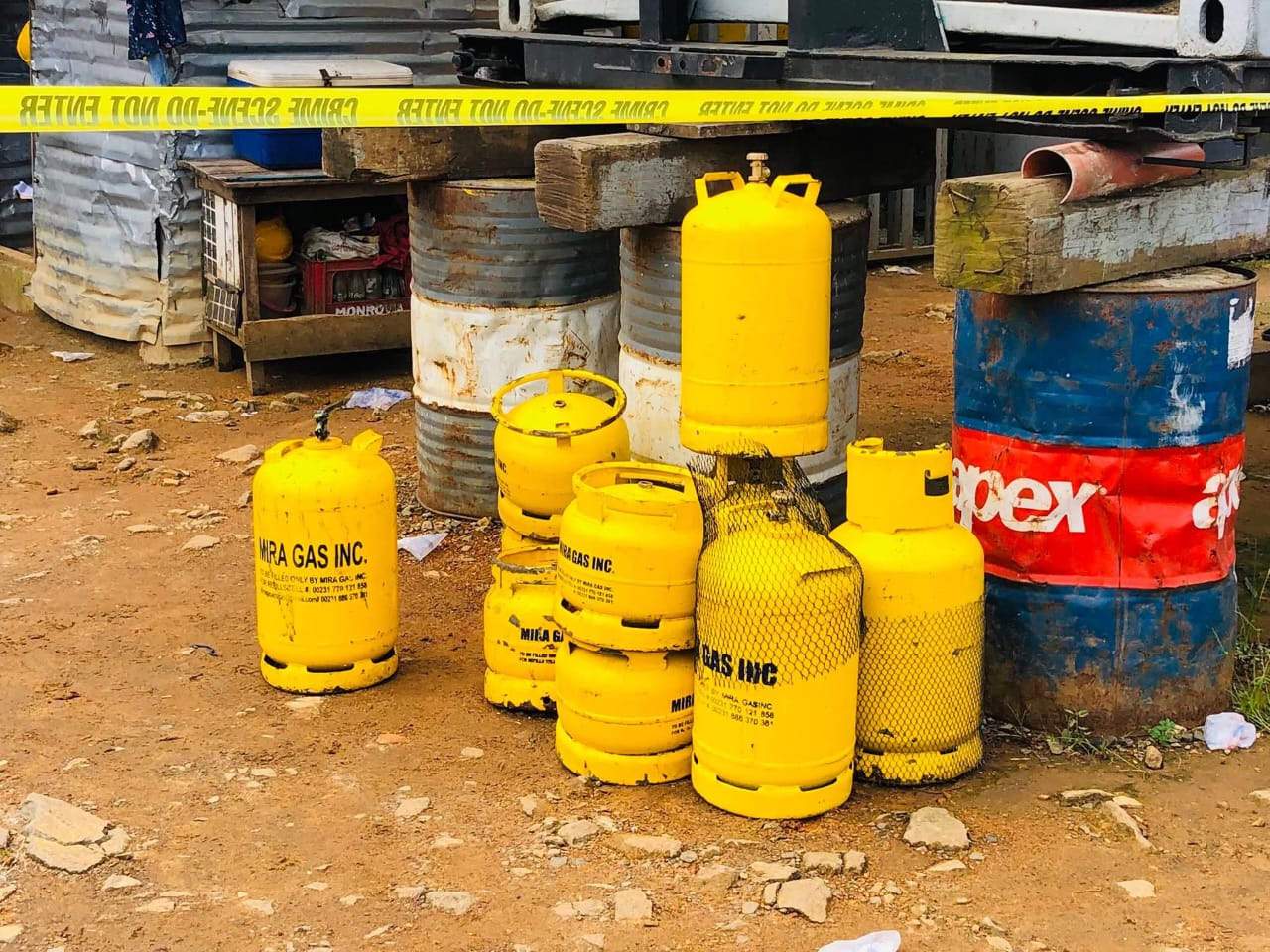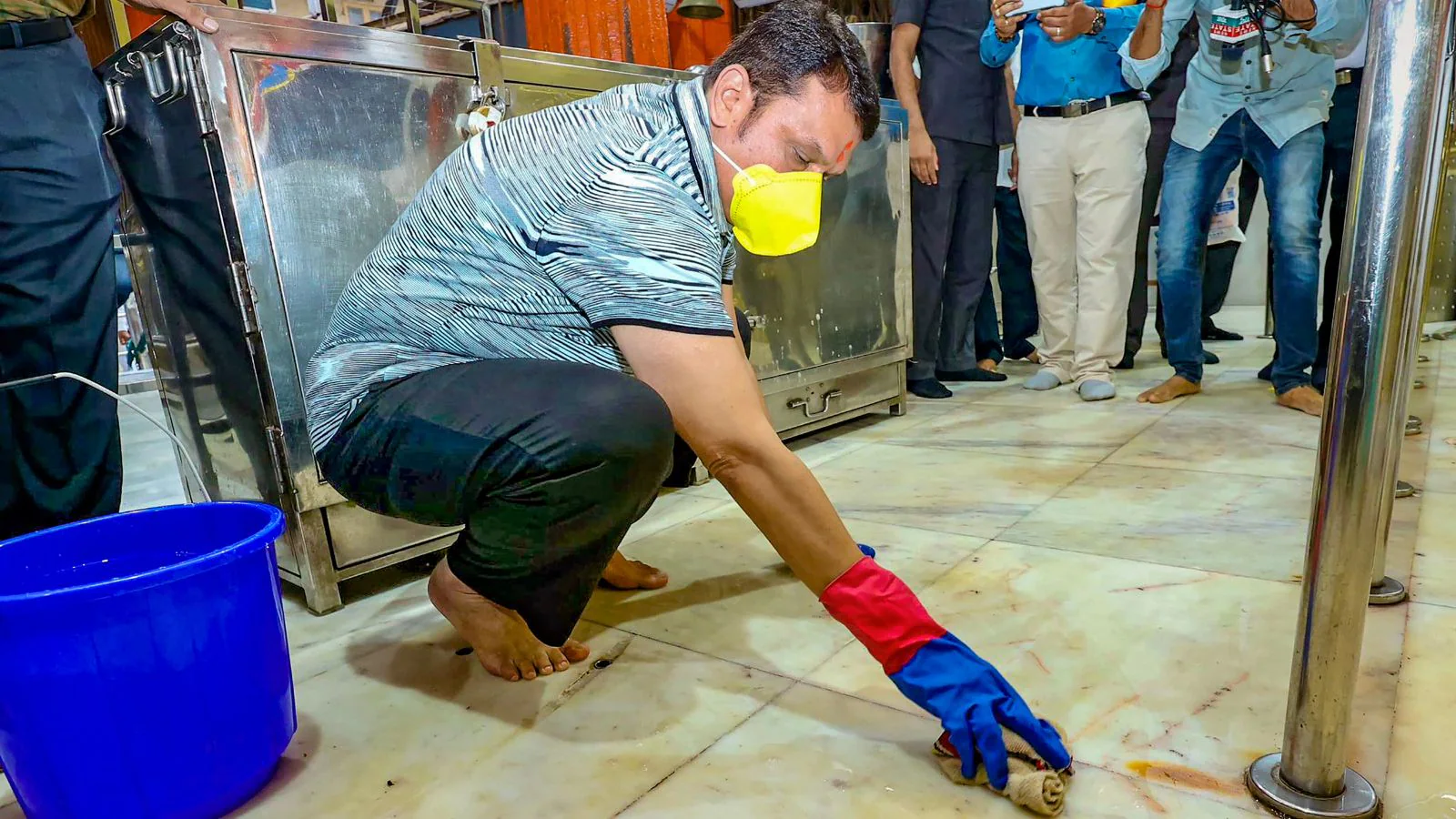By Gnnliberia
Copyright gnnliberia

By Amos Harris
Panic and anger swept through the Freeport Community on Monday, September 15, 2025, after a powerful oxygen tank explosion at the Mare Gas facility, operated by R&R, left multiple workers critically injured and raised urgent concerns about Liberia’s failure to enforce industrial safety standards.
The blast ripped through the plant, which sits in a densely populated commercial corridor near the Cemenco compound, sending shockwaves across the industrial zone. Workers and nearby residents fled in terror as flames and smoke engulfed the site. Several employees sustained severe burns and fractures, while others remain hospitalized in critical condition.
Deputy Director of Operations at the Liberia National Fire Service (LNFS), Edwin Tisdell, confirmed that seven people were rushed to the John F. Kennedy Memorial Hospital. However, a company insider suggested the toll could be higher, claiming that as many as 16 employees were injured, with some first treated at Mawah Clinic in Vai Town before being transferred to JFK.
Health and Safety Manager at MIRA Gas, Morgan Zogar, admitted that the company’s response was disorganized. “When I arrived, there was total disorder. Workers were confused, and we had to call in the fire service and security forces to contain the situation,” he said.
Community members and business operators expressed outrage over the apparent absence of safety checks, fire-prevention systems, and emergency protocols. “This is beyond negligence. How many more lives must be lost before safety is taken seriously?” one angry resident asked, echoing growing frustration at what critics describe as government indifference to industrial hazards.
Though no deaths have yet been confirmed, health officials warn the casualty count could rise as victims battle life-threatening injuries. Fire service inspectors and emergency personnel remained at the scene late Monday, probing the cause of the explosion and assessing the structural damage.
The incident has reignited debate about Liberia’s chronic regulatory weaknesses. Industrial experts warn that without decisive reforms to govern hazardous operations, preventable tragedies will continue to endanger workers, communities, and the economy.
“This could have been worse,” a resident cautioned. “If authorities don’t enforce safety laws, one day we will wake up to a disaster far greater than this.”
As investigations continue, families of the injured wait anxiously for updates, while public pressure mounts on government regulators to hold Mare Gas and R&R accountable and to finally prioritize the protection of Liberian lives over unchecked industrial operations.



